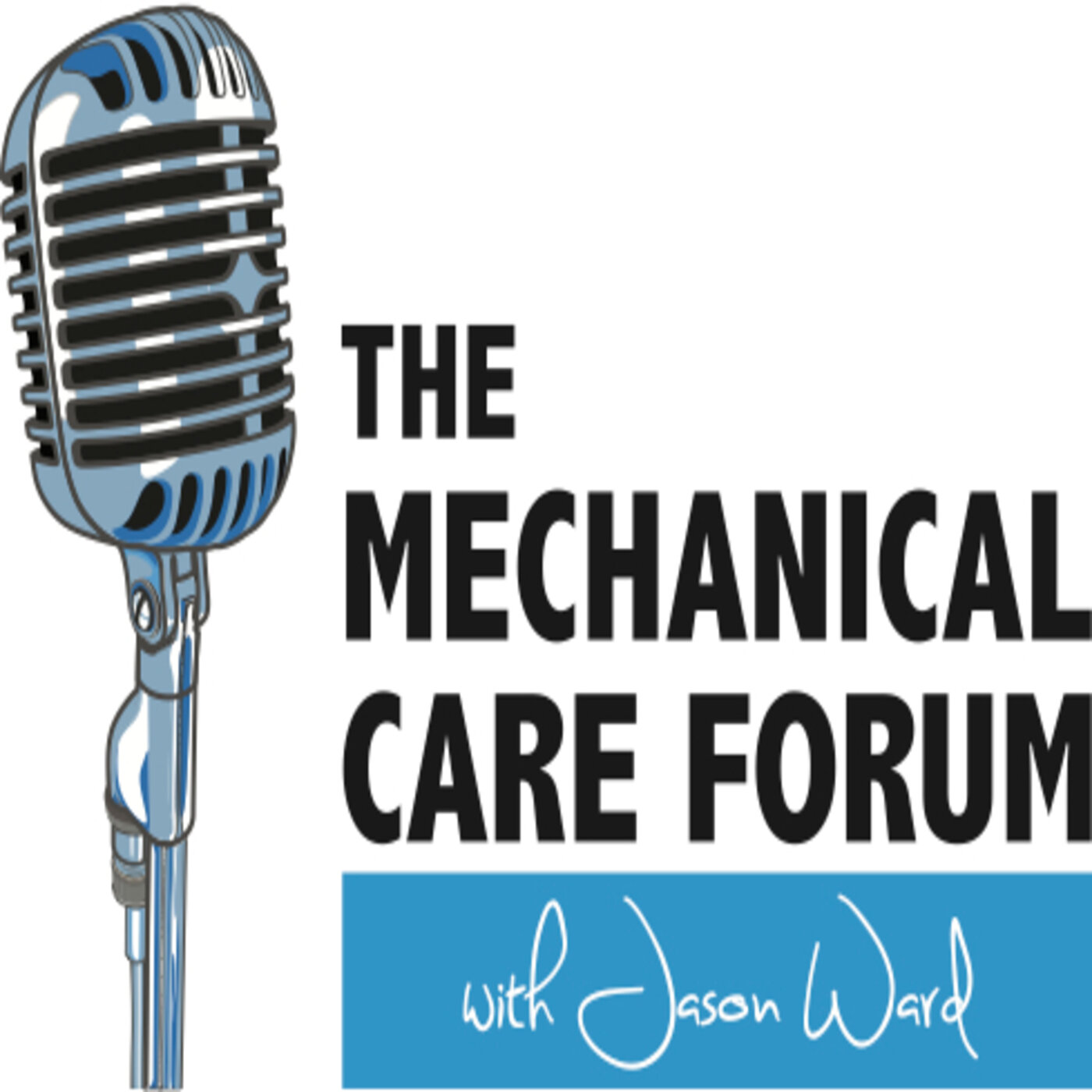Eva Nováková PT, Dip MDT
Eva Nováková graduated in Physiotherapy in Prague in 1985 and also achieved qualifications in Manual Therapy, PNF and Vojta Therapy. She has been working in the Neurology Department of the Central Military Hospital in Prague since 1985 and was appointed Consultant Clinical Physiotherapy Specialist for Physical Medicine and Rehabilitation there in 2006. Her interest in the McKenzie method dates back to the late 1990s; after passing the McKenzie Credentialing Examination, Tucson, USA in 2002 she continued to qualify as Senior Instructor of MDT in 2011, and in 2014 she was appointed member of the European Region of the International Education Committee (IEC) in McKenzie. She founded the Czech branch of the McKenzie Institute International and teaches in this capacity as well as at the Medical Faculty of Charles University in Prague. Her particular interest is in teaching the McKenzie method at all levels, while her hobbies include cycling, swimming and gardening.
Show Notes
Struggles
Some of her struggles were the reason why she preferred to treat neurological patients rather than musculoskeletal patients. Since become familiar with MDT she now is comfortable with treating orthopedic patients. Now, Eva believes that many of the principles that are so effective within MDT that help orthopedic patients also help the neurologic patients.
Patient Education Analogy
Like some of my other guests have mentioned she tries to relate her education analogies to what is most meaningful to the patient. She gives an example or two with a recent patient she’s seen.
Challenges to Overcome with Students
One of the greatest challenges is the bias of many students toward the Votja approach and a system that has derived from the Votja approach called the Dynamic Neuromuscular System. She does see that more students are open to MDT principles now than in the past.
Best Advice
“Listening to people” is some of the most important advice she's received. She explains how she sees that this advice is important not only for patients but for anyone with whom you are communicating.
Doing Differently Now
She believes she’s more structural mainly about her questioning. She also shares how patience is something she’s developed and what that’s done to help her effectiveness.
Resources
The best resources to Eva are the McKenzie books.
Studies
Audrey Long’s study entitled “Does It Matter Which Exercise?” is an important paper to Eva found here.
She shares what she believes most important and influential with her practice. Eva has also collected her own data looking at directional preference treatment and stabilization treatment. Although she wasn’t able to publish this study, she found a significant difference in the specific exercise group and the stabilization group.
If you’d like to reach Eva you can do so through:
And you can find out more about the Czech Republic chapter of Mechanical Diagnosis & Therapy at:
http://www.mckenzie.cz/
We hope to deliver this content to the committed professional who wants to improve his/her care and we hope to do it in a way that is easily accessible, the world over, in today's technological age.
To contribute:
Give a 5-star review on iTunes;
Share EP #95 with a friend; and/or
Connect with us on the Spotify MCF Podcast and MCF Instagram page!
Thanks for your support!

